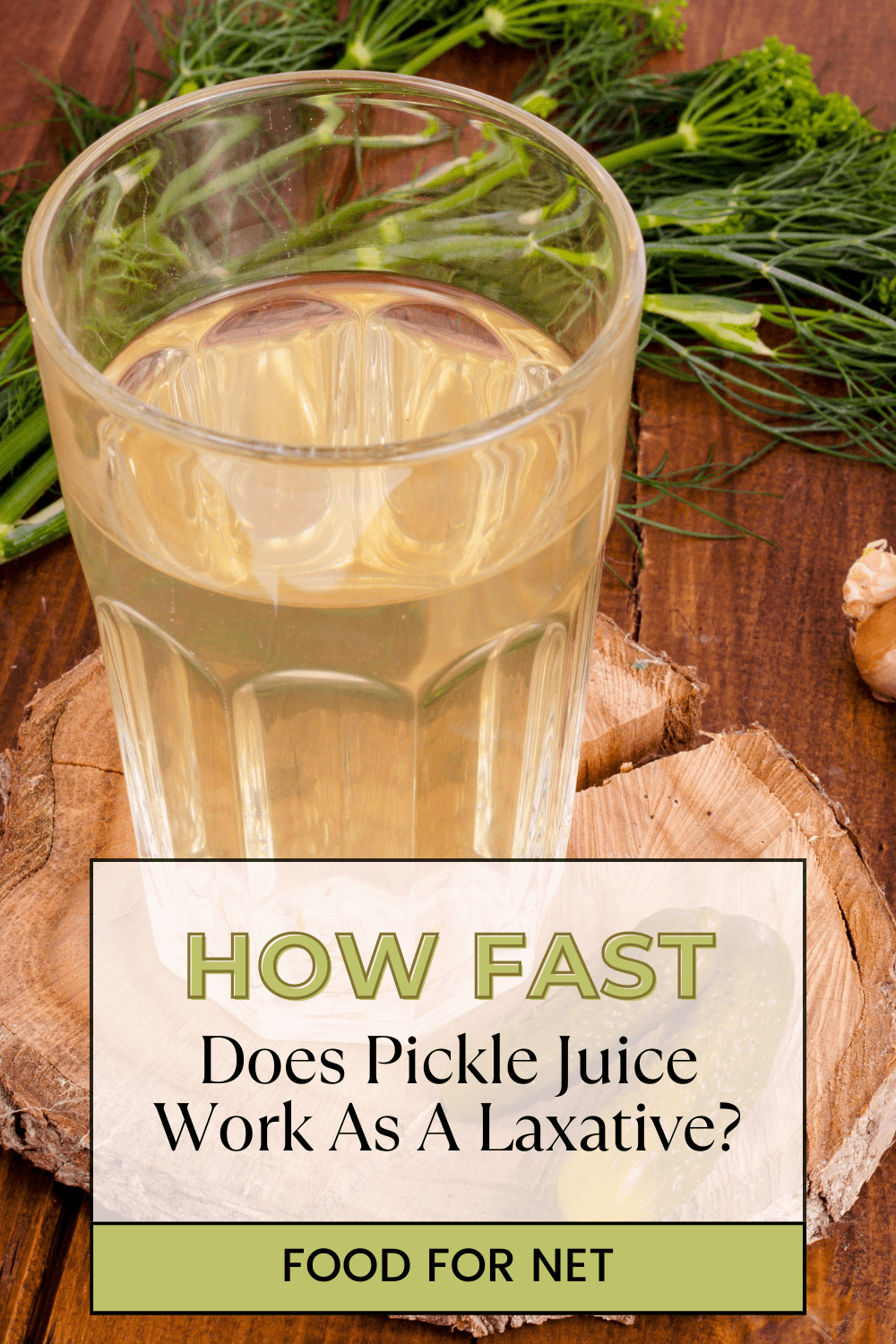
Pickle juice is perhaps most famous for its potential to help with muscle cramps. Yet, that’s just one area of benefit. The juice is also thought to help with nausea and heartburn, and even be good for your liver.
You’ve probably already heard that pickle juice can be effective for constipation, helping to increase bowel movements and providing much-needed relief. So, how fast does pickle juice work as a laxative and what can you expect?
The simple (and not very helpful!) answer is that the time varies. You might see results within 30 minutes to two hours. Or, the juice might take a few days to stimulate your system. Some people won’t see any laxative effect at all.
To understand why there’s so much variation and what this means for you, let’s look at some of the science behind pickle juice as a laxative. We’ll also talk about when pickle juice can be helpful and when you might need another approach instead.
How Pickle Juice May Work As A Laxative
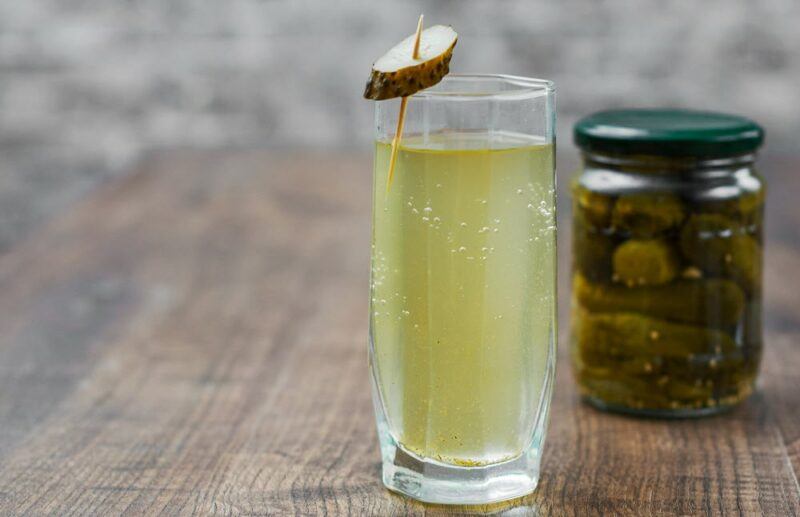
The Salt Content
Salt water can act as a laxative by stimulating gut movements and helping the bowels to open. The salt also helps to bring water into your gut, which then softens stools and makes them easier to pass.
Pickle juice contains water and a decent amount of salt, so it could have some of the same effects.
The Acidity
Pickle juice is pretty acidic, especially when it has been made using vinegar. This acidity may actually be helpful for constipation because it increases acidity in your stomach, which could then make it more effective at removing waste.
However, you’ll need to be careful, as acidic foods and drinks aren’t always the right choice. You might find that they make you feel sick or increase acid reflux instead.
Vinegar May Cleanse Your System
Some theories suggest that vinegar may help to cleanse your bowels. This is partly why a shot of apple cider vinegar is sometimes used as a laxative.
If your pickles were made using vinegar (rather than a salt brine), then there should be a decent amount of vinegar present, which could help with constipation. But, this idea is mostly based on theory and anecdotes. It certainly hasn’t been proven, so we don’t know how well this plays out in practice.
The Probiotic Content
If you choose fermented pickle juice over the vinegar-based version, you’re potentially consuming a large number of probiotics. Now, probiotics are truly fascinating and they don’t get enough attention. They’re basically healthy microbes, ones that may promote our gut health. They do this by adding to the collection of microbes already present in our gut.
Research has shown that probiotics can indeed help to decrease constipation. Plus, even if the probiotics in pickle juice don’t directly help with constipation, they should help to improve your gut health, which should lead to improved bowel movements over time.
Beyond this, probiotics have been linked to a huge number of potential health benefits.
How Fast Does Pickle Juice Work?
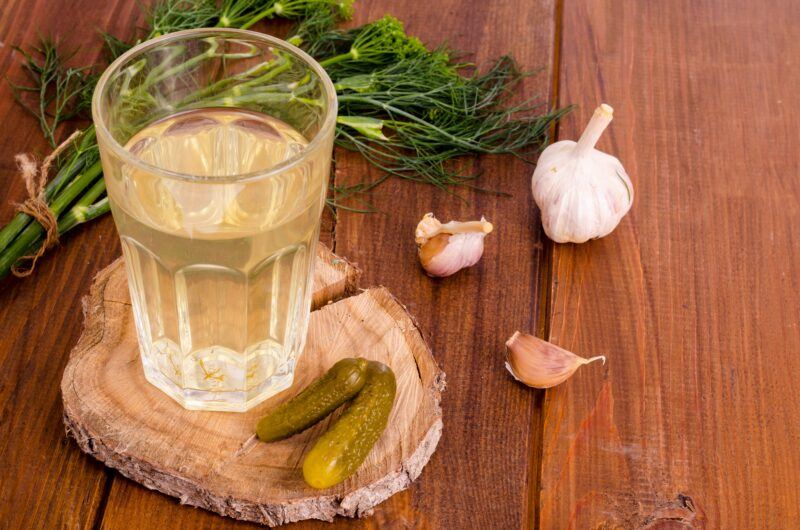
Laxatives aren’t always fast. Those that actively help your bowels to contract can take between 6 and 12 hours to have a full effect. Laxatives that draw in water instead and soften your stool may take up to 72 hours to have any noticeable effect.
Some reports do suggest that pickle juice is faster, perhaps having an effect within a couple of hours. However, most such claims don’t come from reliable sources.
As you’ll see shortly, there’s also no guarantee that pickle juice will work for you. The evidence for its laxative effect isn’t strong and there will be strong variation from one person to the next.
Why Pickle Juice Isn’t Always Effective
It’s Too Gentle
Pickle juice doesn’t have a dramatic effect on constipation. It just provides a little stimulation and helps your body to move things along naturally.
The effect is enough in some situations but may not help at all if your constipation is severe. Still, gentle laxatives like this are often a good place to begin as they’re easy on your body and are unlikely to cause harm (provided you don’t overdo it).
You’re Not Addressing The Cause
Not getting enough fiber is a common reason for constipation and pickle juice does little to help this. Sometimes you may need to increase your fiber intake to see any effect on your constipation.
Other times, problems like constipation, acid reflux, or diarrhea are a sign that your diet isn’t as it should be. Taking pickle juice or an antacid does nothing to relieve this problem. Similarly, if medication or a health condition has contributed to your constipation, a mild laxative like pickle juice isn’t likely to have much effect at all.
Also, failing to address the underlying cause of your constipation can have serious negative effects in the long term. For example, if you’re dealing with a bowel obstruction, laxatives aren’t the right approach at all.
People Are Different
While our bodies all function roughly the same in many ways, there are also vast differences between us, including variations in physical health, genetics, weight, diet, and lifestyle. All these factors influence how different foods and drinks affect us.
So, even if pickle juice does work well for some people in some situations, that’s no guarantee that it will be relevant for you today.
You Don’t Get All The Potential Benefits
Earlier we talked about how the vinegar and the probiotics in pickle juice can help with constipation. Except… you’ll never get both of these features.
In particular, pickles can be made by fermentation in a salt brine or made in vinegar. The salt brine approach gives you the probiotics, but there’s no vinegar present.
Also, if you do want probiotics, you’ll need to choose your product carefully. Many commercial brands pasteurize their pickles. That process doesn’t just harmful microbes, it kills any beneficial ones too.
There’s Little Evidence
Finally, most information about the laxative effects of pickle juice is based on personal anecdotes and claims from pickle juice companies. There’s little scientific evidence supporting the claim – and a lot of doubt.
Even some of the proposed mechanisms, like how acidic foods might help with constipation are sketchy. It might be that pickle juice doesn’t work well for anyone or is effective for just a few people. At this point, we really don’t know.
Other Problems With Pickle Juice

There are also a few other reasons why pickle juice mightn’t be the best choice for constipation. These aren’t related to the laxative effect itself, but to other features of the juice. Here are some of the main ones:
The Sodium Content
Fermented pickles are made using salt brine, which means they’re always high in sodium. Sometimes you even get more than 800 mg of sodium in a single cup of pickle juice, which is excessive.
Remember, the Dietary Guidelines for Americans suggest we should be consuming less than 2,300 mg of sodium per day (some recommendations suggest your intake be even lower than this). 800 mg is a huge chunk of that total. Pickle juice made with vinegar instead of salt brine might be lower in sodium, but this isn’t a guarantee.
While the sodium content could be helpful for constipation, it isn’t ideal for anyone with high blood pressure or who has an increased heart disease risk. People in these situations should look for alternative ways of reducing constipation.
Over-Consumption Can Have Negative Effects
While pickle juice has many potential benefits there are also risks, especially if you’re consuming it frequently or in large quantities. This is partly due to the sodium, which can lead to fluid retention, dehydration, and constipation in large doses.
The acidity of pickle juice can be an issue as well, especially if you deal with acid reflux regularly. Some people also get side effects from pickle juice, including indigestion, gas, stomach cramps, and bloating.
This doesn’t mean you need to avoid pickle juice entirely. You simply need to be wise about the amount you consume and pay attention to how your body responds.
The Impact On Acid Reflux
Pickle juice might be helpful for nausea and constipation in some situations, but acid reflux is a different story entirely. The acidity of the juice just tends to make acid reflux symptoms worse. That effect is likely to be stronger if you have large amounts of pickle juice regularly.
Also, constipation and acid reflux sometimes occur together, as both can be signs that your digestive system isn’t functioning well.
If you are experiencing both, pickle juice is a poor choice for treating your constipation. Why not find a natural laxative that doesn’t trigger acid reflux instead?
Should You Use Pickle Juice As A Laxative?
While there’s little evidence that pickle juice helps as a laxative, it is a common ingredient and drink, so you could simply try it for yourself. This would be the easiest way to see whether it has a positive effect for you.
However, there are some crucial areas to consider.
First, if pickle juice doesn’t seem to be working, don’t simply keep increasing your dose. You could easily overdo it with sodium this way and the acidity might promote acid reflux.
Second, stop using pickle juice if you get side effects – even minor ones. Seriously. There are plenty of other natural laxatives, some of which are more effective and are also lower in sodium.
Third, if constipation is chronic or if it is concerning you, talk to your doctor. There could easily be other factors that need to be addressed.
How Much Pickle Juice Do You Need?
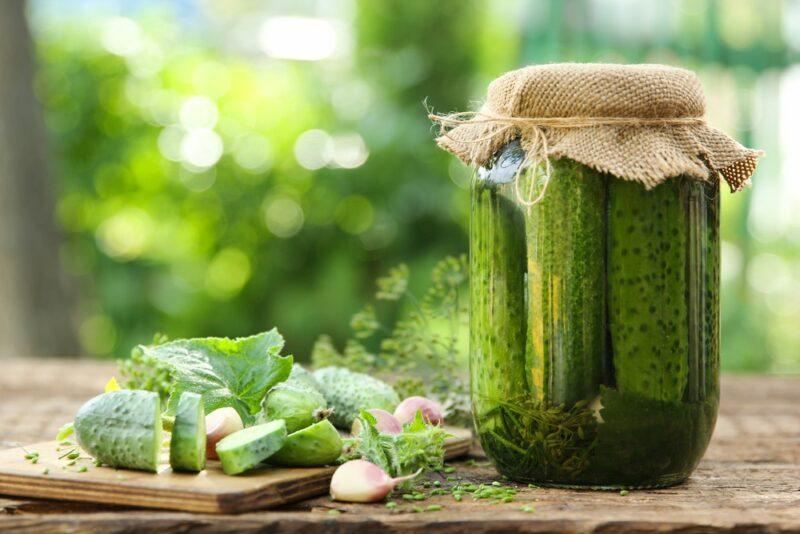
Pickle juice hasn’t been heavily researched for constipation, so there are big gaps in current knowledge. However, it’s best to keep your doses small because of the sodium content.
A tablespoon or two of the pickle juice is a good place to start. You might get up to a small 3-ounce serving of the juice over time, but it’s best to not go beyond that.
Other Natural Laxatives
While pickle juice may have some laxative properties, it isn’t ideal. The natural laxatives below may work better than pickle juice for many people.
Trial and error will still be needed. After all, the best solution for your constipation will be influenced by what caused the constipation to begin with.
Pickles Themselves
Not surprisingly, pickles give you many of the same benefits as pickle juice. They have one advantage, though – they also contain fiber.
This fiber is crucial, as a lack of fiber is one of the big causes of constipation. Increasing your intake is often enough to get things moving again.
Prunes
Prunes and prune juice are both famous for acting as laxatives. This effect is strongest for prunes themselves, as they’re high in fiber. Seriously, you get close to half of your fiber needs from just half a cup of prunes.
Prunes also contain a sugar alcohol called sorbitol. This is powerful enough that it’s sometimes included in laxative medications. The sorbitol is why prune juice still helps with constipation, even though it doesn’t contain much fiber.
Kimchi And Sauerkraut
Fermented foods like kimchi and sauerkraut should also help constipation. Like pickle juice, these foods are generally high in probiotics. They also contain a decent amount of fiber.
If you’re buying these foods from a store, make sure there are active cultures present. Some brands should have these, while others may have pasteurized their products instead.
Oatmeal
Oatmeal has a ton of benefits, partly because it’s a rich source of soluble fiber. This type of fiber absorbs water, which makes stools much easier to pass.
You’re also getting plenty of nutrients and some complex carbs from the oatmeal. These are all important for getting your body and digestive system back on track.
Psyllium Husk
Psyllium husk is a type of soluble fiber that helps with constipation and can balance blood sugar levels. It’s often called a bulk forming laxative. This means it helps to draw water into your stools, making them larger, softer, and easier to pass.
You’ll often find psyllium husk sold as a supplement, either in capsule or powder form. Psyllium husk is used in some recipes as well, particularly for low carb baking.
Just make sure you consume plenty of water. Otherwise, you may get some rough side effects from psyllium husk.
A Healthy Diet
Finally, one of the best things you can do for constipation is to follow a healthy diet. This includes dark leafy greens, whole grains, fresh fruits and vegetables, and legumes.
Most of these foods don’t help much with constipation on their own. However, getting plenty of these regularly can make a huge difference.
Don’t forget about water either. Being regularly dehydrated notably increases dehydration risk, while drinking water helps with your bowel movements.


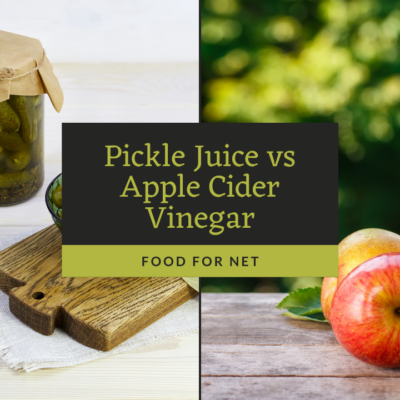
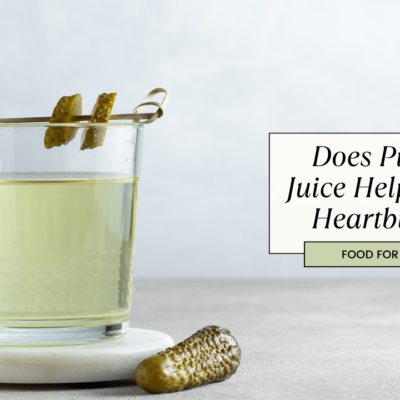


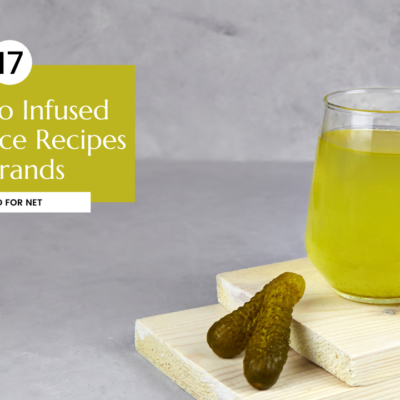


 How To Make Lemon Simple Syrup, Plus Amazing Brands
How To Make Lemon Simple Syrup, Plus Amazing Brands
Leave a Reply